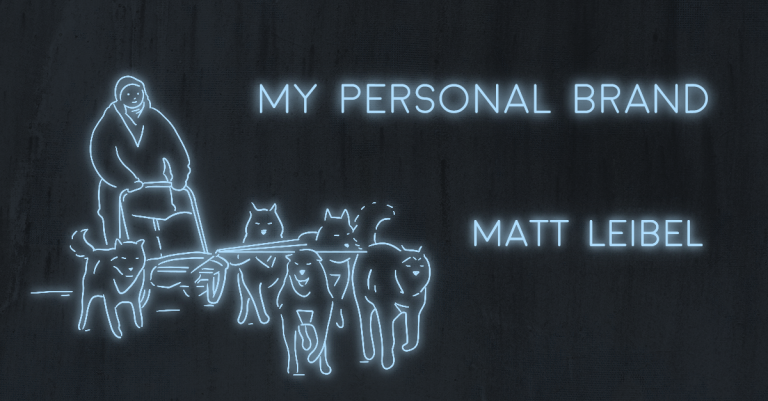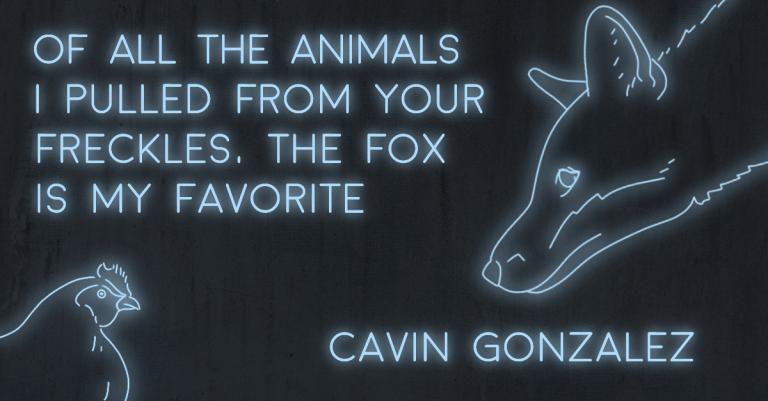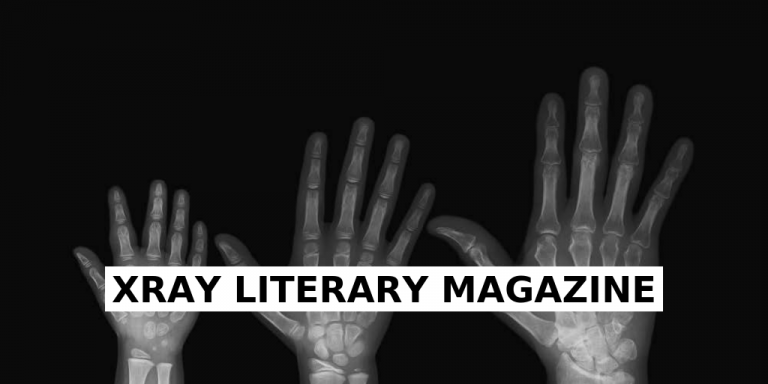
MY PERSONAL BRAND by Matt Leibel
My personal brand is integrity. My personal brand is fresh, innovative thinking, and a commitment to excellence. My personal brand sets me apart, in the sense that many people refuse to stand within 50 feet of me, as if my personal brand stinks or something; my personal brand does not stink. If anything, my personal brand exudes a fresh, clean scent, evocative of wintergreen, or a cool spring breeze. My personal brand does not harm the skin. My personal brand contains no known carcinogens and has been extensively tested on laboratory rats. Unfortunately, one of the rats has recently escaped his cage. If you happen to see him, do not panic, do not subject him to an inhumane trap, for this is no ordinary rat, but a spectacular rat, one infused with my own personal brand, and all that this entails. You can find out more about my personal brand on my website, mypersonalbrand.ki. All of the other internet domain extensions for “mypersonalbrand” have been taken, by the way, so I had to use“.ki,” the extension designated for the tiny Pacific Ocean island Republic of Kiribati. I even traveled to Kiribati’s main atoll to set up my personal brand’s website. That’s how new and fresh my personal brand is. In Gilbertese, incidentally (the official language of the I-Kiribati people), the word for dog is Kamea. Apparently the etymology of this is that European invaders used to say to their dogs, “Come here, come here!” I didn’t learn that on Kiribati—I discovered it on the internet. But the internet is only the tip of the iceberg so far as my personal brand goes. Speaking of icebergs, I’ve projected my personal brand onto the face of several massive ones spanning Greenland, Siberia, and Antarctica. You can see videos of these projections on my YouTube channel; they are rather spectacular. I’ve done all this, by the way, at enormous personal cost and am beginning to wonder if the payoff justifies the expense I’ve gone to to get my name out there. My personal brand has destroyed both of my marriages and has deeply strained my relationship with my teenaged son Zeke, whom I enlisted in my scheme to light up the endarkened, icy ends of the Earth with a gigantic symbol of myself. This involved, among other challenges, taking Zeke out of school for an entire year, and hiring an instructor to train him in the driving and care of sled dogs. Zeke now vows that he will never forgive me, but he is still young and as yet lacks the perspective on what really was a truly unique once-in-a-lifetime experience he will one day thank me for (which other of his friends have had the chance to enjoy the meaty tang of fresh-killed whale meat?)—and that thanks will come, in part, via a full-throated endorsement of my personal brand, once he himself is in position to become an influencer/thought leader/social media superstar on his own. My personal brand is all about providing unconventional and memorable branded experiences. My personal brand is “sticky” like that. My personal brand is—and let’s just be honest about this—my last real chance at this point. It’s a shot in the dark, a rabbit I’m trying to pull out of a hat, and, in fact, I’ve had some hats created for my personal brand including these premium models made out of genuine rabbit fur, and take it from me (and Zeke!), these hats will help you get through even the most brutal of winters. My personal brand still hasn’t gotten the recognition it deserves—but now is the time to change that. I’m coming to you with an opportunity, in other words, to get in on the ground floor and see your own personal brand piggyback on mine and take flight (not literally, as pigs can’t fly!). My personal brand has now been certified 100% rat-free, and will focus henceforth only on areas reachable without access to sled or snowmobile. Think about it like this: in the end all things will die. Penguins will die, whales will die, rats will die, icebergs will die, the I-Kiribati will die. I will die, my ex-wives will die, my ungrateful but only son will die, and you will die, too. But our personal brands will live on long after we’re gone. Our personal brands are, in many ways, the ghosts of our lives, and if you don’t want to have your own personal ghost—well, you’re missing out on a chance to reach the coveted 18-45s, as personal ghosting is all the rage right now, according to my influencer friends in the know. But if you’d rather not join forces, beware: my personal brand is not fucking around. It will win out in the end, because it is desperate, it has no other choice. My personal brand is no longer merely an extension of me. It has become an independent organism, a lab creature on the loose, a monster that I can no longer contain nor control. It will not be forgotten. It will not be denied. It will flutter under your floorboards and creep into your brain. It will achieve maximum stickiness. It will make its mark upon you.


